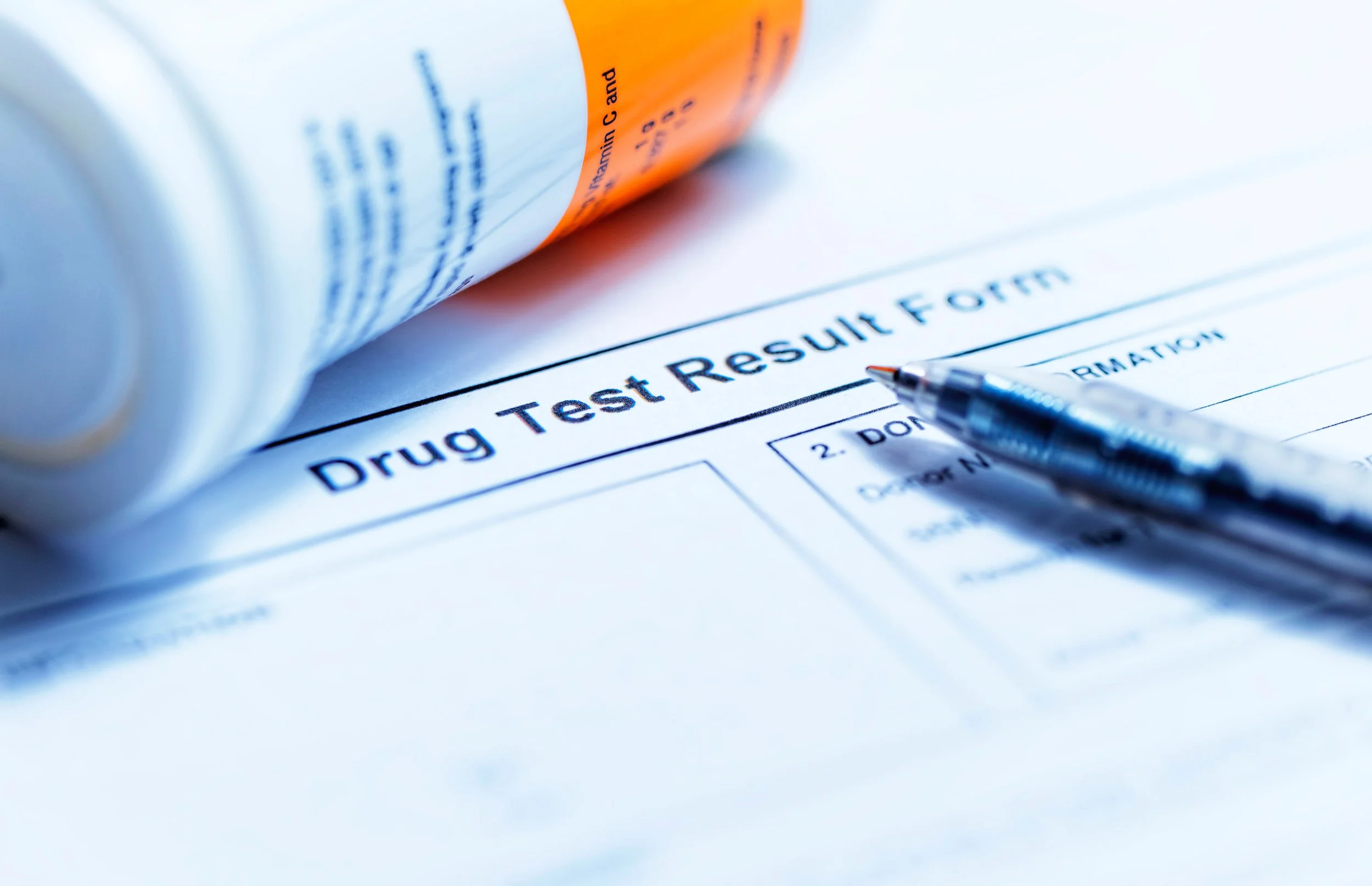How to Explain a Failed Drug Test: Honest Strategies for Moving Forward
Facing a failed drug test can feel overwhelming and career-threatening, but knowing how to explain the situation professionally can help minimize damage and demonstrate your commitment to recovery. Your response strategy significantly impacts your future opportunities, and understanding the proper approach can help you navigate this challenging situation with integrity.
Understanding What Happens if You Fail a Drug Test
When you receive notification of a failed drug test, immediate consequences typically follow, depending on your employment status and company policies. Pre-employment failures usually result in withdrawn job offers, while current employees may face suspension, mandatory treatment programs, or termination. However, the severity of consequences often depends on your honesty, willingness to seek help, and the company's specific policies regarding substance use violations and second chances.
Tips on How to Explain a Failed Drug Test to Your Current Employer
When addressing a failed drug test with your current employer, follow these key steps:
Schedule a private meeting with your supervisor or HR representative immediately.
Acknowledge the test results honestly without making excuses or shifting blame.
Take full responsibility for your actions and demonstrate genuine accountability.
Present a concrete plan for addressing the underlying substance use issue through professional treatment.
Emphasize your value to the company and commitment to maintaining employment while seeking the help you need for lasting recovery.
How to Explain a Failed Drug Test to a Future Employer
Discussing a failed drug test with potential employers requires careful timing and strategic honesty. Wait until you receive a conditional job offer before voluntarily disclosing past failures, unless specifically asked on applications.
Focus on the steps you've taken since the incident, including completed treatment programs, ongoing recovery efforts, and the length of your sobriety. Present documentation from treatment providers and emphasize how the experience has strengthened your professional commitment and personal growth.
Professional Strategies for Addressing Failed Drug Test Results
Developing a comprehensive response strategy helps protect your career while demonstrating maturity and responsibility.
Start by documenting all communications regarding the failed drug test and understanding your company's specific policies and appeal processes. Gather supporting evidence, such as prescription documentation if applicable, and consider consulting with an employment attorney if you believe the test was conducted improperly or if you face discrimination.
Most importantly, immediately begin professional treatment to show a genuine commitment to recovery and personal accountability.
Legal Rights and Protections After a Failed Drug Test
While employers generally have broad authority regarding drug testing, you maintain certain legal protections that vary by state and circumstance. Some states provide limited protections for employees seeking treatment, and the Americans with Disabilities Act (ADA) may offer protections for those in recovery programs. However, active substance use typically receives no legal protection, making immediate treatment enrollment crucial for both legal and practical reasons.
Building a Recovery Plan That Protects Your Career
Creating a comprehensive recovery plan demonstrates responsibility while protecting your professional future. Key steps include:
Enrolling in a reputable treatment program immediately after learning of the failed drug test
Maintaining detailed records of your participation and progress throughout recovery
Considering additional support services like counseling or support groups for comprehensive care
Participating in regular drug testing during recovery to provide objective evidence of your commitment
This documentation helps rebuild trust with current or future employers by showing measurable progress toward lasting sobriety and professional reliability.
How New Day Recovery Services Can Help You Move Forward
At New Day Recovery, we offer confidential assessment, personalized treatment planning, and ongoing support designed to help you maintain employment while achieving lasting recovery. Our in-person and virtual intensive outpatient programs include workplace advocacy, documentation for employers, and flexible scheduling that accommodates professional responsibilities while prioritizing your health and sobriety goals.
FAQs About How to Explain a Failed Drug Test
-
Never lie about a failed drug test, as dishonesty will likely be discovered during background checks and result in immediate disqualification or termination. Instead, be strategic about when and how you disclose the information. Focus on what you've learned, the treatment you've completed, and how the experience has made you a more reliable employee. Honesty, combined with evidence of recovery, often leads to better outcomes than deception.
-
Yes, you typically have the right to request a retest of your sample or provide explanations for positive results, especially if you have legitimate prescriptions or medical conditions. However, you must act quickly as most companies have strict timeframes for appeals. Document any medications you're taking, gather medical records if relevant, and follow your employer's specific appeal procedures outlined in their drug testing policy.
-
Take immediate action by acknowledging the results honestly and seeking professional help right away. Contact a treatment provider like New Day Recovery Services to begin assessment and planning. Gather any relevant documentation, such as prescriptions or medical records; review your company's policies regarding substance use violations; and prepare a sincere explanation that focuses on your commitment to recovery and maintaining employment.
-
The timing depends on your specific situation and the steps you've taken toward recovery. Generally, completing a treatment program and establishing a period of documented sobriety strengthens your position with future employers. Many experts recommend waiting at least 30 to 90 days while actively participating in treatment, allowing you to demonstrate a genuine commitment to recovery when discussing the incident with potential employers.
-
A failed drug test doesn't have to define your entire career, especially if you address the underlying issues professionally and maintain long-term sobriety. Many employers are willing to consider candidates who have demonstrated genuine recovery and personal growth. Focus on building a strong track record of reliability, completing treatment programs, and maintaining sobriety to show that the failed test represents a past mistake rather than ongoing behavior.


